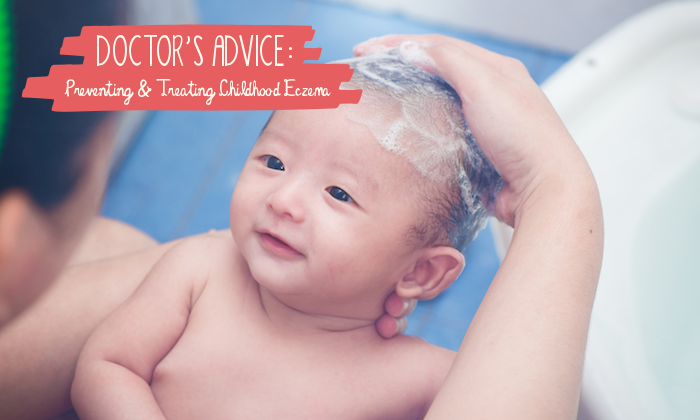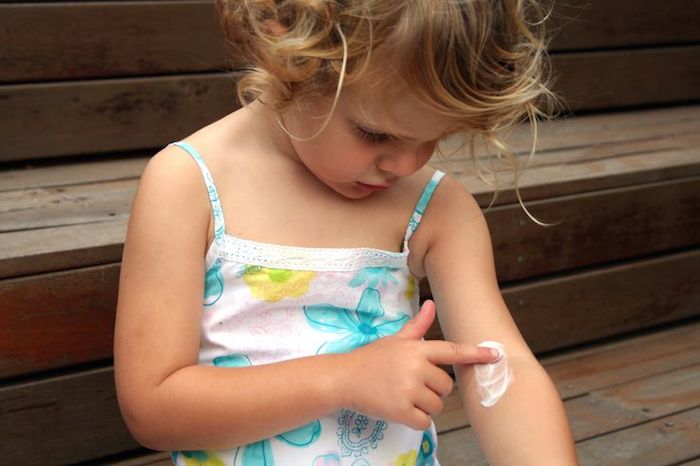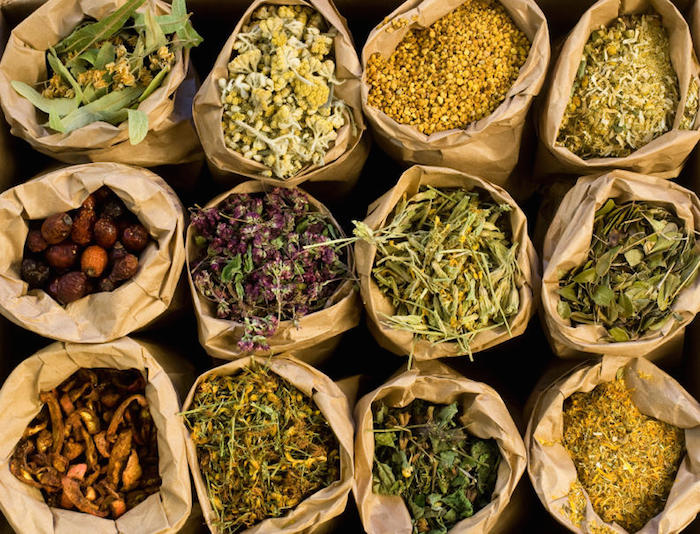
 Post Category - ParentingParenting - Post Category - BabyBaby
Post Category - ParentingParenting - Post Category - BabyBaby Post Category - WellnessWellness - Post Category - HealthHealth
Post Category - WellnessWellness - Post Category - HealthHealthPlease welcome Dr Taylor Bean with the lowdown on eczema and what you can do to treat it naturally, mama!
Eczema is a common skin condition affecting up to 20% of children. The exact cause of eczema is not known. However, if there is a family history of eczema, asthma or hay fever then your child is more likely to develop one of these conditions. According to Changi General Hospital, aggravating factors include sudden changes of room temperature and hot, humid weather. Sound like anywhere you know, mama?!
Some common triggers
- Hot climates
- Irritants: wool, synthetic clothing, soaps, detergents, chemicals in swimming pools
- Microbial colonization/infection
- Environmental: climate extremes, tobacco smoke, traffic exposure, hard water
- Inhalent allergens: dust mites, tree and grass pollens, moulds, animal dander

Food sensitivities and early food introduction are big culprits (early would be sooner than 4 months. It is recommended to start around 7 months). It’s estimated that 35-40% of children with eczema have food allergies. Eggs are the most common sensitivity along with milk, peanuts, soy, wheat, fish, shellfish, tree nuts and citrus fruits – all accounting for 90% of food allergies in eczematous children.
Other possible triggers for babies and children include anxiety and stress, c-section (due to a lack of healthy bacteria at birth), and maternal prenatal asthma.
Does it ever go away?
The good news is that approximately 50% of children will no longer be troubled by eczema by the age of 2, and 80% will be ride of it by the age of 5. The bad news is there is no cure for eczema, although there are many ways to investigate the cause, reduce occurrences, and control the ‘dis-ease.’
Signs & Symptoms
Eczema is a red, hot, dry and itchy rash that can affect one or many areas on the face and body and it can be mild, moderate or severe. There are often scratch marks on the skin because of the itch. These areas may become infected with bacteria and this can worsen the eczema.

Prevention
Babies are born to breastfeed! Breastmilk contains over 100 substances not found in formula that are vital to normal development and function of your child’s immune system. Breastmilk contains gamma-linoleic acid that is particularly important for babies with a family history of eczema. Recent trials have found that breastfed babies have reduced or delayed incidence of atopic diseases such as eczema, allergies and asthma and conclude that eczema tends to occur more in bottle-fed babies. However, babies can also be allergic to foods in their mothers’ diets, so really there’s no perfect solution!
Things to Consider
A survey of 506 patients with eczema had deterioration in the winter and improvement in the summer. Dry itchy winter eczema may be worse due to centrally heated homes, lack of circulation and air to the skin, and heavy winter clothes (something to keep in mind if you plan to travel to colder climates over the holidays). Inherited eczema may be related to a disturbance in essential fatty acid metabolism and the over-consumption of refined foods and saturated fats. It’s also important to consider the implications of cow’s milk as food for babies. Cow’s milk protein are large molecules not easily digested by the baby’s gut that can cause skin problems and also lead to inflammatory bowels and respiratory airway inflammation.

Treatments
- For the long-term health of your baby, address food allergies and use elimination diet challenges to find out what foods are causing your baby’s eczema.
- If family inheritance plays a role there are essential fatty acids (evening primrose oil, borage and black currant seed) that address certain enzyme deficiencies common to Northern European descendants.
- Improving your environment by removing dust mites from the home, washing linens weekly in hot water, avoiding carpeted bedrooms and adding a humidifier to combat dry air can all help.
- Herbs like chamomile, liquorice and calendula are used to support the immune system and reduce inflammation.
- Take an oatmeal bath for about 15-20 minutes daily. It is important to dry off completely and immediately coat the skin with a naturally based emollient cream or ointment. Because eczema predisposes your baby’s skin to weakness, it is less able to retain water and can cause shrinking and cracking of the skin. Bathing, followed by an emollient of olive oil & aloe vera gel.
- As a moisturizer for dry skin, sesame oil or almond oil with a few drops of essential oils of chamomile or neem can help soothe inflammation. I use chickweed cream with my patients to help reduce inflammation
- Breastfeeding mothers should eat lots of high quality omega-3s, preferably through fresh seafood like wild-caught salmon, or else via supplements.
- Homeopathy – this has been pinnacle in helping resolve eczema
If you think your child might have eczema, consult your paediatrician or naturopath. It’s a very common problem here in Singapore due to our hot climate, so there are lots of helpful remedies out there, mama!






 View All
View All




 View All
View All











 View All
View All







